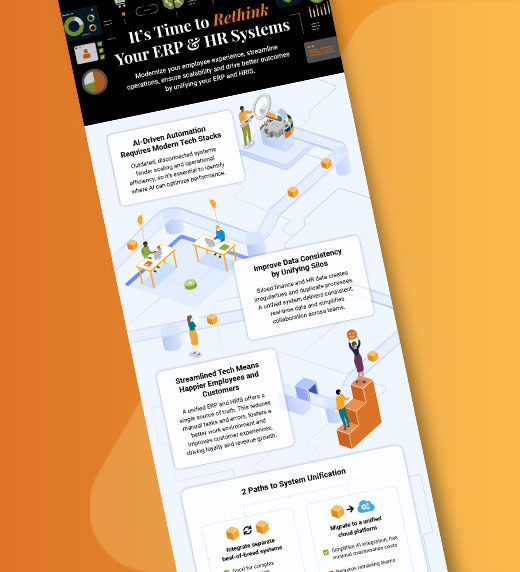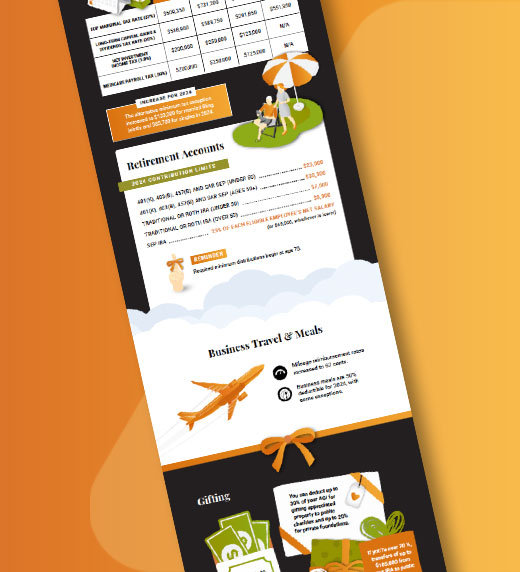
Oregon voters in Multnomah, Clackamas and Washington counties (the "Metro area") recently approved Measure 26-210, authorizing a 1% tax on certain high-earning individuals and a 1% business profits tax on certain businesses, with regulatory updates aimed at supporting housing services for the homeless.
Additionally, the Oregon Department of Revenue has issued a Permanent Administrative Order which finalized various temporary rules and has an effective date of June 28, 2020. As a reminder, the Oregon Commercial Activity Tax (OR CAT) is a tax on "taxable commercial activity" (TCA) and is in addition to Oregon's corporate/excise tax. The OR CAT tax rate is 0.57% on TCA in excess of $1 million, plus $250 for the first $1 million of TCA. However, taxpayers with less than $1 million of TCA are exempt from the OR CAT. This is not a pass-through tax and is meant to tax the "person" receiving the commercial activity.
In good news, the Washington Department of Revenue has expanded its existing Voluntary Disclosure Agreement (VDA) program, effective July 15 through November 30, 2020. The VDA program covers sales/use taxes, business and occupation (B&O) gross receipts taxes, and other excise taxes administered by the department.
Measure 26-210 imposes the following taxes for individuals and businesses in the Metro area beginning January 2021:
EXAMPLES:
These taxes are expected to generate $250 million per year and will expire in 2030.
The Metro Council stated that upon the passage of 26-210, they will "take further action to establish rules to enforce and implement the taxes imposed by the measure. This may include rules regarding penalties, interest, filing dates, required forms and documentation, residency determinations for income tax payment purposes, determinations for business tax purposes, refunds and deficiencies, audit authority, overpayments, estimated payments, exemptions, appeals from income determinations, legal collection actions and any other provision deemed necessary to effectively and efficiently administer the taxes and achieve the purposes."
Additionally, revenue from the tax will be proportionately distributed to Clackamas, Multnomah and Washington counties based on the tax revenues collected from each county, currently estimated to be 21.3%, 45.3% and 33.33%, respectively.
As of today, the Metro Council is working on creating an Intergovernmental Agreement and selecting the 20 members of the oversight committee. Local jurisdictions are expected to develop their implementation plans between September 2020 and January 2021, with the first phase of the supportive housing program to start in July 2021.
Rule 150-317-1000
Rule 150-317-1010
Rule 150-317-1020
Rule 150-317-1025
Rule 150-317-1030
Rule 150-317-1040
Rule 150-317-1100
Rule 150-317-1120
Rule 150-317-1130
Rule 150-317-1150
Rule 150-317-1200
Rule 150-317-1220
Rule 150-317-1300
Rule 150-317-1310
Rule 150-317-1320
Rule 150-317-1330
Rule 150-317-1410
Effective July 15 through November 30, 2020, the Washington Department of Revenue is expanding its existing Voluntary Disclosure Agreement (VDA) program. VDAs cover sales/use and B&O taxes, as well as other excise taxes administered by the department. The VDA expansion provides the following additional scenarios where a VDA will be temporarily available:
| Traditional VDA Criteria | Temporary Expanded VDA Criteria (July 15 - Nov. 30, 2020) |
|---|---|
| Businesses never registered with or reported taxes to the department |
|
| Businesses never contacted by the department for enforcement |
|
Please note that if you have additional Washington taxes to submit but do not meet the criteria for the traditional or expanded VDA program, there may be other options available.
We will have to wait for the regulations to clarify how profits will be sourced to the Metro area and provide more details on how the taxes will be implemented and administered. Stay tuned.
Note that the new Homelessness Services tax is just one of several new taxes imposed in Portland and further expands the list of taxes Portland residents and/or businesses are required to pay.
The other taxes currently include:
Portland is now among the growing number of local jurisdictions that have imposed a tax to combat homelessness, following San Francisco's Homelessness Gross Receipts Tax (effective 1/1/2019) and most recently, Seattle (JumpStart Seattle was passed by the Seattle City Council on 7/6/2020 and is currently pending the mayor's signature). Homelessness is more often a significant problem in metropolitan areas, and it may just be a matter of time before other metropolitan areas enact a similar tax.
Additionally, OR continues to provide additional guidance and clarifications regarding the OR CAT as taxpayers continue to struggle with applying the rules and understanding their liability for OR CAT purposes. As a reminder, the OR CAT is a calendar-year tax including taxpayers with fiscal year-ends. The quarterly tax payments are due April 30, July 31, October 31 and January 31. If you are expecting $750,000 or more of OR sourced receipts in 2020, you should be considering the impact to your tax provisions and regulatory compliance responsibilities for 2020.


